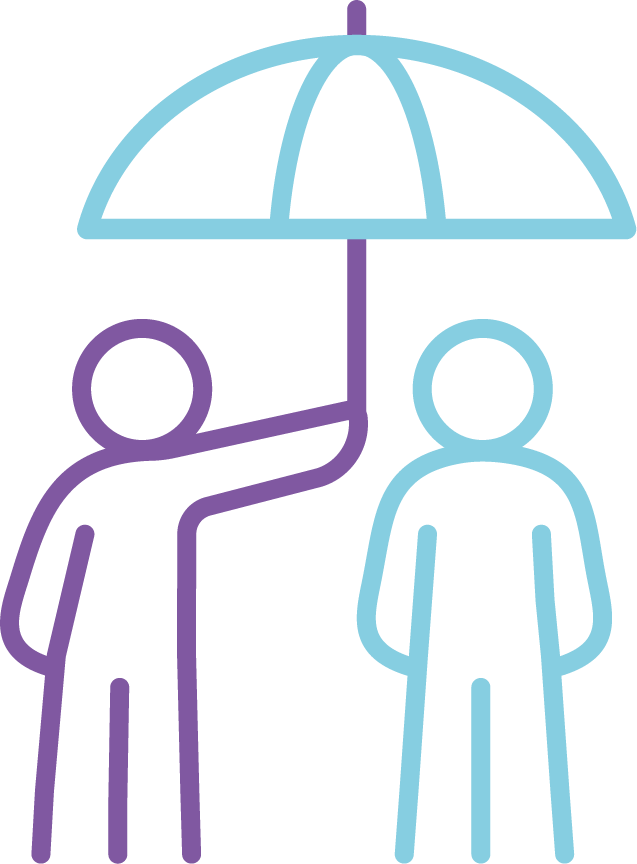How to report modern slavery and human trafficking
In an emergency, please call 999.
In a non-emergency, report modern slavery and human trafficking to the police by calling 101 or reporting on the Greater Manchester Police website.
If you want to remain anonymous, you can call the modern slavery and exploitation 24-hour helpline on 08000 121 700. This is run by the charity Unseen and is independent of the police.
Even if you don’t report the crime to the police, you can still receive help and support get help from us.
Victims of modern slavery
Anyone can be a victim of modern slavery. In the UK, many victims have been exploited before they reach the UK, either in their home country or as part of the journey.
Some of the nationalities that the UK sees the highest number of victims from include Pakistan, Albania, India, Sudan and Eritrea.
There are also a high number of UK victims, particularly children, who are criminally exploited by organised crime gangs.
In Greater Manchester, just over a quarter of all victims are women and girls, and almost half of all victims are children under the age of 18.
Modern slavery in the UK
In 2023, 17,004 potential victims of modern slavery were referred into the National Referral Mechanism (NRM). This helps the government to keep track of how many victims are identified, and also enables those affected to access support.
In Greater Manchester, 524 victims entered the NRM in 2023. Not everyone who has experienced modern slavery wants to enter the NRM, so the actual number of victims is likely to be higher.
If you don’t want to report the crime to the police, you can still access our services to receive help and support.
Find out more about modern slavery and human trafficking
Dan is a survivor of modern slavery, watch his story.
Greater Manchester Police has more information, including how to spot the signs and different ways to report:
Watch this video created by the UK Home Office about modern slavery and human trafficking.





